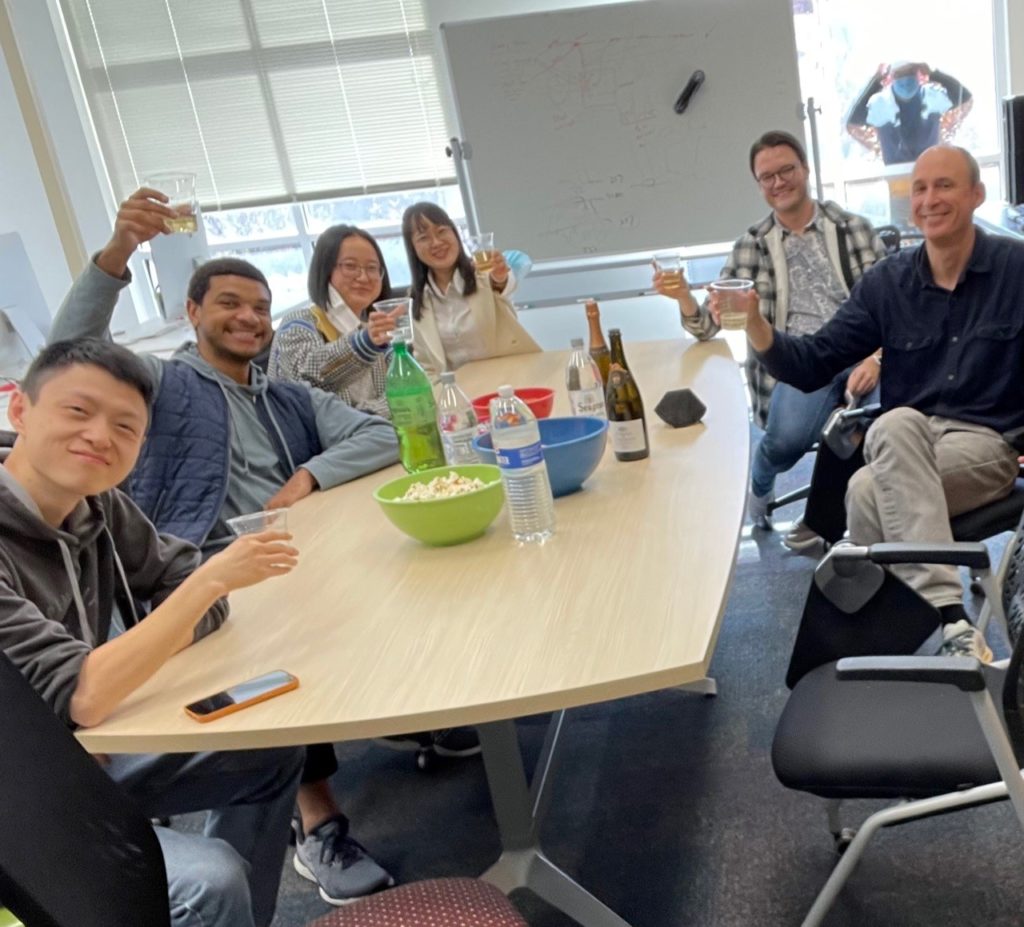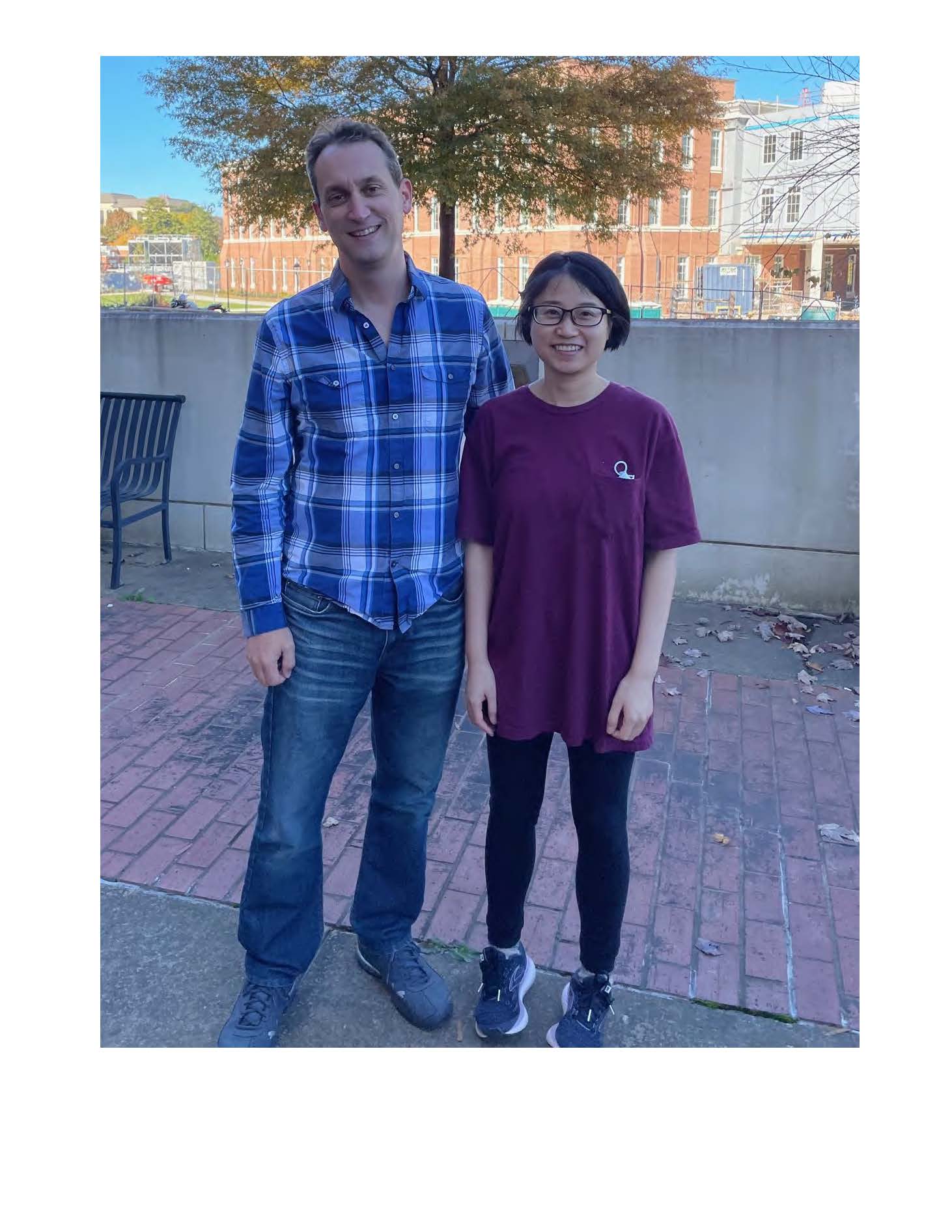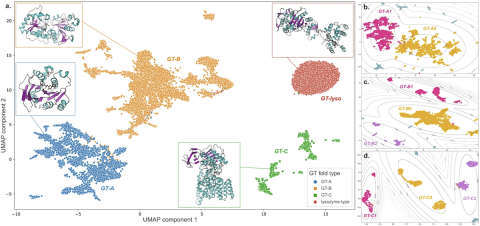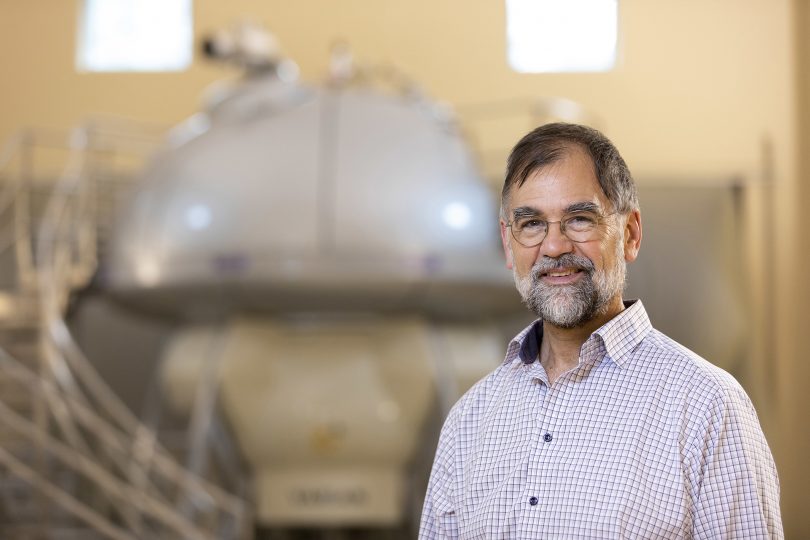Researchers all over the world will have access to the University of Georgia’s expertise in nuclear magnetic resonance, or NMR, thanks to a new infrastructure funded by a $40 million grant from the National Science Foundation.
The Network for Advanced Nuclear Magnetic Resonance, or NAN, will allow researchers to access ultra-high field nuclear magnetic resonance spectrometers to study the structure, dynamics and interactions of biological systems and small molecules. The project is led by the University of Connecticut School of Medicine in partnership with UGA and the University of Wisconsin.
“This is much more than just a new expensive instrument—it’s an entirely different way of thinking about doing NMR,” said Art Edison, co-principal investigator and Georgia Research Alliance Eminent Scholar. “Once we started to think in those terms, a lot of ideas emerged. For example, we want to create an easy way for scientists to discover what is available to them, even if they aren’t NMR experts themselves. We also realized that everyone has the same problems dealing with data: saving it, processing it, analyzing it and depositing it into public databases. Centralizing this would be much more efficient.”
Edison teamed with colleagues at UConn and UW to develop the concept for NAN, which has three primary goals: to provide institutional researchers across the country easy access to the most powerful instruments, simplify the discovery and use of NMR resources, and foster good data stewardship. It will allow researchers across the U.S. to expand their own biomedical research study findings and collectively contribute any new scientific insights to the evolving NAN knowledge bases.
Researchers will be able to visit or deliver their samples for analysis using state-of-the-art 1.1 GHz instruments located in Athens, Georgia, and Madison, Wisconsin. Both instruments, as well as the large number of existing instruments at all three locations, will be linked to a central hub based at UConn Health in Farmington, Connecticut, that will assist discovery and scheduling, host knowledge bases with information on optimal experiment design, and securely archive the collected data.
“This new infrastructure, along with the network of scientists to support it, will advance research in biological sciences across the country through innovative experimentation and new biological insights,” said NSF Assistant Director for Biological Sciences Joanne Tornow.
The network will be led by UConn’s Jeffrey C. Hoch, along with Edison and co-principal investigators Katherine Henzler-Wildman and Chad Rienstra from the University of Wisconsin.
“Thanks to NSF’s funding, our new network will empower researchers to have open access to the latest advanced NMR technology with the necessary computational power to fuel future discoveries,” said Hoch, professor of molecular biology and biophysics at UConn School of Medicine. “Any researcher nationwide with a laptop will be able to make use of these powerful NMR instruments, methods and online data bank.”
NAN’s central hub at UConn has a computational resource that brings NMR processing and software into one location, and they’ll also be in charge of the primary database where people will deposit NMR data. UGA provides expertise in metabolomics and protein structural biology, especially with complex carbohydrate modifications—areas that were pioneered by Jim Prestegard, emeritus professor and GRA Eminent Scholar at the university’s Complex Carbohydrate Research Center. Edison is a member at the CCRC as well as the Institute of Bioinformatics.
“We are building two knowledge bases for NAN in these areas, and these will be designed to make it easier for non-experts to use our NMR resources to solve important problems,” said Edison, professor of biochemistry and molecular biology and genetics in the Franklin College of Arts and Sciences. “This is not going to be easy, but will have great impact.”
Edison’s field is metabolomics, and the overall goal is to measure metabolites in biological systems like human disease, plants and microbes. NAN will benefit collaborations across campus in areas like cell manufacturing, dog and cat health and nutrition, carbon cycling in the ocean, and basic biology of microbes. There is also potential for facilitating drug discovery by learning the shape and dynamics of proteins and carbohydrates, according to Edison. All of these areas are central to research in precision medicine.
“The University of Georgia’s partnership in this significant national project underscores our commitment to advancing discovery in a range of critically important fields,” said S. Jack Hu, the university’s senior vice president for academic affairs and provost. “We thank Georgia Research Alliance Eminent Scholar Dr. Art Edison for his national leadership on this project.”
UGA will also play an important role in connecting NAN with HBCUs.
“We have several strong relationships with HBCUs that we will build on to use NAN to help underrepresented students have more advanced NMR resources available for their research,” Edison said.
This grant award is part of NSF’s Mid-Scale Research Infrastructure II program, an NSF-wide effort to meet the research community’s needs for modern research infrastructure to support science and engineering research. More information about the Mid-Scale Research Infrastructure-2 program supporting the Network for Advanced NMR project can be found at nsf.gov.






